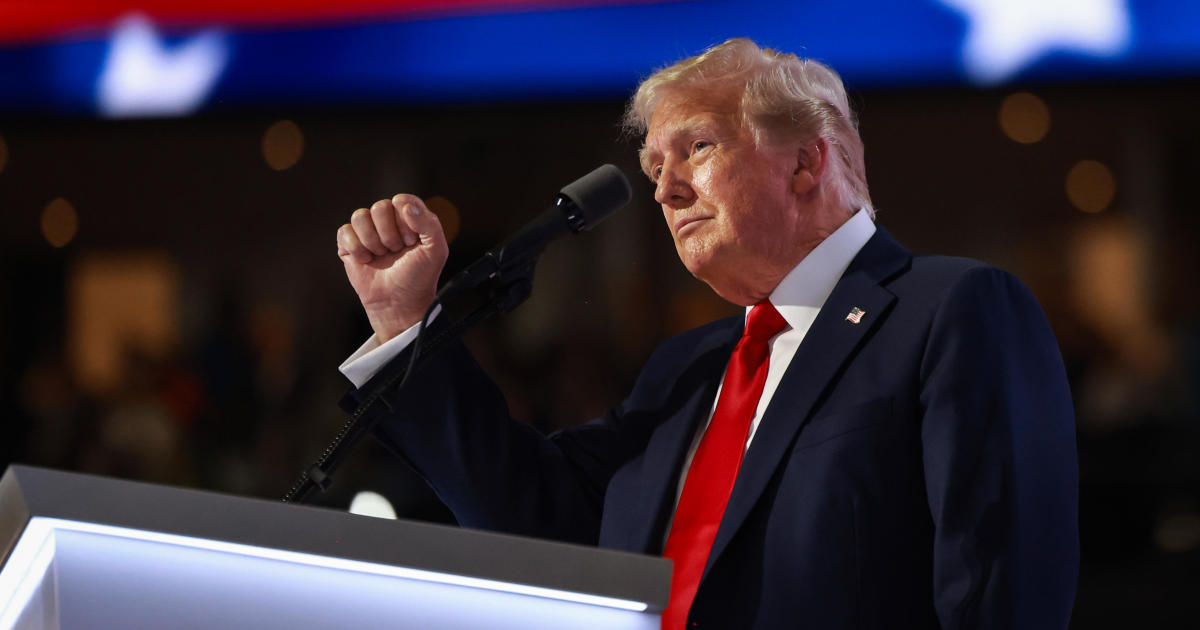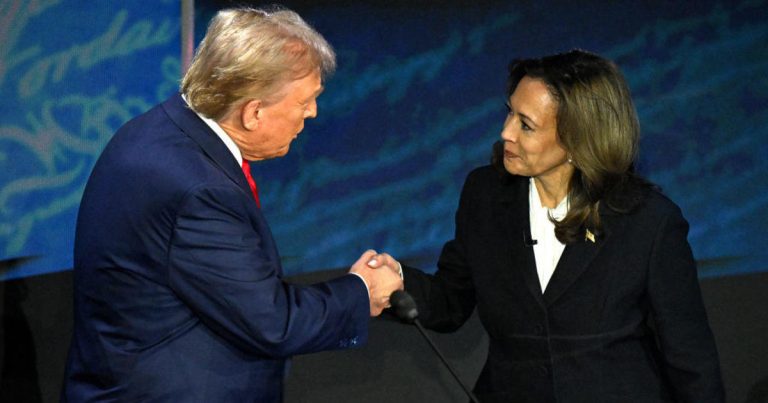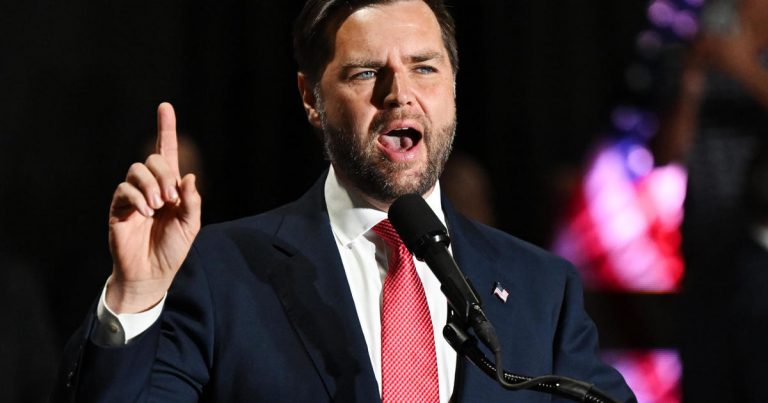Major tech companies support Trump financially and politically
Amid the hustle and bustle of the Republican National Convention in Milwaukee, a significant shift is unfolding in the political landscape. Major players in the tech industry have thrown their weight behind former President Donald Trump and the Republican Party, indicating a potential realignment of support away from Silicon Valley’s traditionally liberal stance.
The wave of support began with the news that Elon Musk pledged a hefty $45 million per month for at least three months towards Trump’s election campaign. This was followed by the selection of Ohio Senator JD Vance, a former venture capitalist with strong ties to right-leaning tech leaders, as Trump’s running mate. Subsequently, Marc Andreessen and Ben Horowitz, prominent venture capitalists, endorsed Trump on their podcast and committed to financially supporting the former president.
As the saying goes, “money follows money,” prompting speculation that Musk and other tech moguls’ contributions will attract more financial backing for the Republicans in the coming weeks. Leading the charge in this new trend are individuals like David Sacks, a venture capitalist who transitioned from supporting Democrats to urging his peers in the tech industry to contribute to Trump’s campaign. Sacks highlighted the growing list of tech figures supporting Trump, including Musk, Andreessen Horowitz, Joe Lonsdale, and Doug Leone.
Despite the apparent dominance of liberal politics in Silicon Valley, Sacks believes there’s a substantial, albeit hidden, base of Trump supporters who are beginning to voice their opinions publicly. He sees this as a pivotal moment where each endorsement encourages the next, leading to a rapid accumulation of backers for Trump.
However, the extent and longevity of this shift remain a topic of debate among campaign finance experts. While some argue that it’s too early to determine the implications, others suggest it could significantly impact the current election cycle. Musk’s promised contributions alone could position him among the top donors in recent elections, alongside major figures like George Soros and the Adelsons.
What sets this tech-driven support for Trump apart is the unprecedented backing from individuals who previously supported Democratic candidates like Hillary Clinton and Barack Obama. This newfound commitment to electing Republicans, particularly Trump, raises questions about the motives behind this sudden shift.
For the Trump campaign, the surge in support can be attributed to the former president’s pro-business policies, which have resonated with many in the tech sector. The explicit link between policy decisions and financial backing is evident in sectors like cryptocurrency, where investors rallied behind Trump following his embrace of digital currency in opposition to government control.
Despite the growing support from tech leaders, there are lingering doubts within Trump’s inner circle about the sincerity and longevity of this backing. Even staunch supporters like Roger Stone remain wary, considering the transactional nature of some endorsements, particularly following Vance’s VP nomination.
While figures like Musk and Sacks have thrown their weight behind Vance, another influential figure in Silicon Valley, Peter Thiel, has had a more complex relationship with Trump. Thiel, who initially supported Trump in 2016, has since distanced himself from the former president, citing unmet promises and disillusionment with political outcomes. His decision not to contribute to Trump’s campaign reflects the ebb and flow of tech giants’ political allegiances.
In the evolving landscape of tech and politics, the influx of support for Trump signifies a shift that could have lasting implications. Whether this trend signals a fundamental change in Silicon Valley’s political alignment or a temporary deviation remains to be seen. As tech titans navigate the intersection of innovation and governance, their involvement in shaping the political arena is poised to reshape traditional partisan boundaries.








